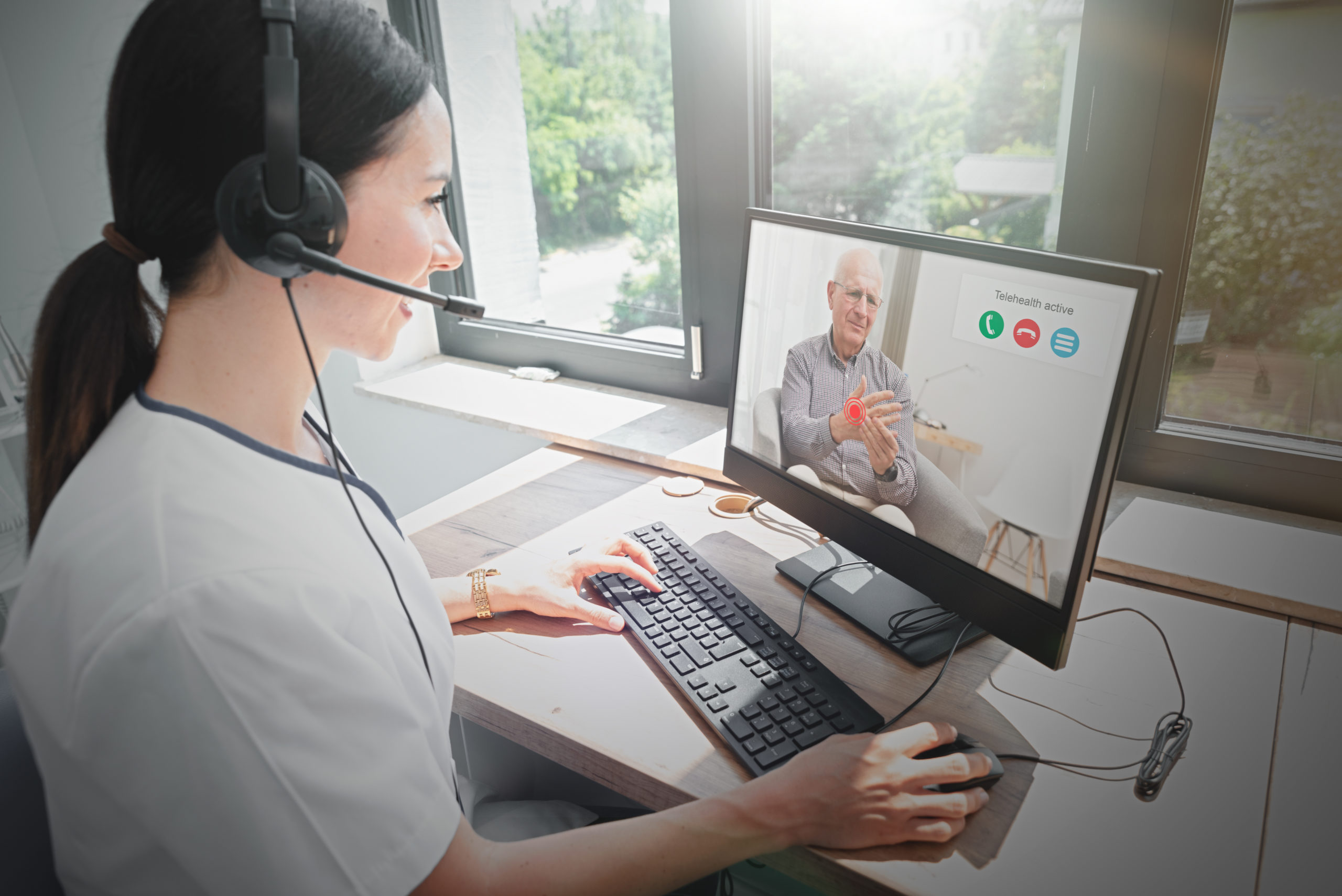
With the COVID-19 pandemic leading to business closures across the country, the mental health treatment industry has had to quickly adapt to continue providing clients with much-needed counseling and care. One way that the industry has responded is by offering “telehealth” therapy sessions.
Teletherapy at High Focus Centers
Telehealth utilizes HIPAA-secure video conferencing platforms to allow therapists and their clients to connect without having to meet in person. Telehealth mental health treatment has become instrumental in providing continuity of care during the coronavirus pandemic, and there are some useful things to keep in mind that will make your experience a good one.
Telehealth may feel intimidating to some who don’t have much experience using technology. It might also be an awkward or uncomfortable experience for people who are self-conscious or easily distracted. Privacy may also be a concern for those who want to participate in telehealth but worry about roommates or family members overhearing their sessions. All of these potential barriers to participating in telehealth mental health treatment can be addressed and overcome with the following tips.
Prepare Your Space Before a Telehealth Therapy Session
Before attending a telehealth session with a therapist or counselor, here are some helpful tips to prepare:
- Make sure you are in a quiet space where you won’t be disturbed or heard. This may be in a bedroom, home office, basement, a large closet, or even in your parked car.
- If you live with others, ask that they don’t disturb you during your session time and that they refrain from using the Wi-Fi so that your connection is not slowed down.
- Consider putting a white noise machine, small fan, or speaker with music playing outside of the door to the room you will be in so that roommates or family members cannot overhear your conversation.
- Make sure the device you are using (a computer, tablet, or smartphone) has a working camera and microphone and is fully charged.
- Consider using headphones or earbuds plugged into your device to improve sound quality and maintain privacy.
Maintain Communication With Your Therapist During a Session
Meeting with a mental health therapist or counselor through virtual methods may feel difficult or uncomfortable at first. Keep these things in mind during your session:
- Speak clearly so that your mental health therapist can understand what you are saying. Check in periodically to make sure that what you are communicating is being understood and that you clearly understand what is being communicated to you.
- Try to make “eye contact” with your camera so that the connection between you and your therapist is stronger.
- If you are self-conscious about your appearance or distracted by seeing yourself on your device’s screen, put a small piece of paper over your image on the screen.
- Treat your telehealth therapy session as if you are meeting with your therapist in person. Avoid engaging in any tasks you wouldn’t do if you and your therapist were meeting in their office, such as folding laundry, smoking, or cooking.
With the right steps and preparation, teletherapy sessions can be enjoyable and productive, even without an in-person meeting. If you are preparing for a telehealth mental health therapy session, use these tips to maximize its benefits.
High Focus Centers offers telehealth therapy sessions to provide effective mental health treatment and support healthy social distancing during the coronavirus pandemic. Contact our treatment team today to schedule an appointment and learn how telehealth can provide convenient and safe access to therapy.
Recent Posts
- How Mood Stabilizers Work to Restore Emotional Balance
- Trauma-Informed Approaches in Therapy: Why Understanding Trauma is Essential for Healing
- Using Art as a Voice: Exploring the Therapeutic Benefits of Creativity
- What is Xylazine?
- How Overcoming Roadblocks is Crucial to Recovery – And How Your Treatment Center Can Help




